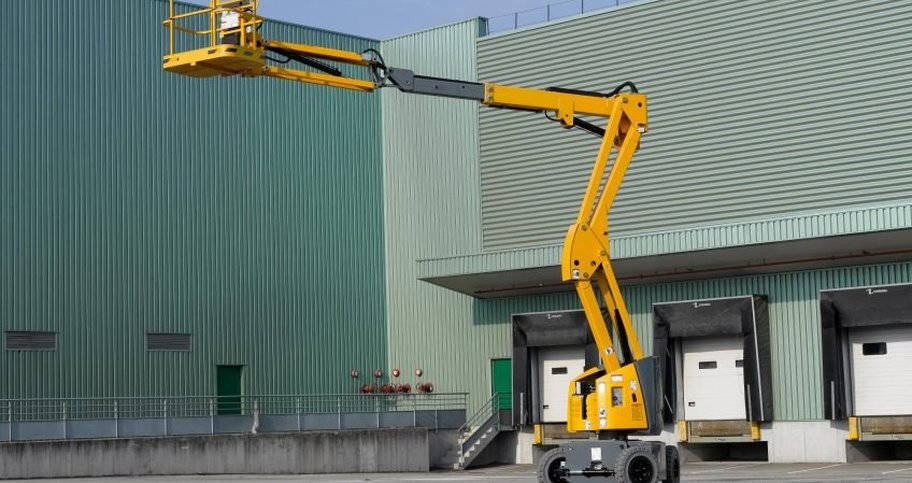Managing large-scale projects requires precision, efficiency, and, most importantly, the right equipment. From ambitious highway constructions to significant agricultural operations, project managers, trucking companies, and independent truckers know that choosing the proper tools isn’t just convenient—it’s crucial for meeting deadlines and staying within budget.
This guide walks you through essential considerations for selecting heavy equipment for your next big job while minimizing costs and risks.
Assess Your Project’s Needs
Before investing in any equipment, it’s essential to understand the unique needs of your project. Consider these critical questions to form a clear picture of what’s required:
- What’s the scope of work? Define what the project demands at every stage, such as earth-moving, material transport, or precise lifting. Knowing this helps narrow down the type of equipment you’ll need.
- What’s the timeline? Big jobs supply tight deadlines. You’ll want highly efficient machines to meet those demands without unnecessary delays.
- What are the site requirements? Terrain significantly affects equipment selection. For hilly or uneven sites, machines with high clearance and stability are necessary, while smooth surfaces may require specialized tires for grip or minimal disruption.
- Do you need industry-specific equipment? Industries like forestry, mining, or construction often require specialized machines tailored for tasks like wood processing or resource extraction.
By analyzing these needs, you can create a checklist to ensure that the chosen machinery aligns seamlessly with your project’s unique demands.
Consider Equipment Versatility
For maximum cost-effectiveness, opt for equipment that’s versatile enough to handle a variety of tasks. Machines with multiple functions or adaptable attachments can reduce the need for multiple individual purchases.
For instance, a backhoe loader performs well in digging and small-scale demolition while also functioning for minor material transport tasks. Similarly, skid steer loaders, known for their compact design, can perform a variety of jobs when paired with the appropriate attachments.
When working on projects that require frequent transitions between tasks, versatility can save not only money but also valuable time.
Research Equipment Features
Not all equipment is created equal. While at first glance two machines may appear similar, the technology, build quality, and after-sales support can vary significantly. Key features to look for include:
- Fuel Efficiency: Helps reduce operational costs in the long run. Machines with eco-modes or energy-saving modes provide great ROI.
- Advanced Technology: Equipment with integrated GPS or autonomous capabilities can enhance project accuracy and efficiency.
- Safety Features: Includes cabs with rollover protection, emergency shut-off systems, and enhanced visibility.
Buyers often ignore how much advanced tech enhances productivity. A machine that integrates smoothly into digital workflows can cut down operational hiccups drastically.
The Importance of Equipment Durability
Large jobs mean prolonged usage. That’s why durability should be a top priority when selecting machines. Reliable equipment manufacturers known for producing heavy-duty and long-lasting machinery are the backbone of successful projects.
Look for equipment made from high-quality materials designed to endure oil exposure, heavy loads, or extreme weather. When durability is ensured, you can avoid unnecessary downtime caused by frequent repairs.
Renting vs. Buying Equipment
Both renting and buying have their merits. Your decision largely depends on the project duration and financial considerations. Here are the key points for each option:
- Buying
If your company handles frequent projects that rely on the same type of equipment, purchasing is a sound investment. Owning machinery like hydraulic excavators or bulldozers is cost-effective over time and gives full control over maintenance schedules.
- Renting
For one-off projects or new ventures, equipment rentals are a flexible and low-commitment option. Rentals allow you to test cutting-edge equipment models without long-term investment, which can be helpful in refining strategies.
Partnering with Reliable Equipment Manufacturers
Building a relationship with trusted equipment manufacturers is crucial for consistent project success. These partnerships ensure:
- Access to premium-quality machinery tailored to your needs.
- Ongoing customer support for any technical issues that may arise.
- Timely delivery that keeps your projects on track.
Collaborating with manufacturers that prioritize innovation and reliability can make the difference between a delayed project and one that finishes ahead of schedule.
The Bottom Line
Choosing the right equipment for big jobs starts with understanding your project’s unique needs, prioritizing versatility and durability, and researching reliable manufacturers. Whether you’re working on a multi-million-dollar infrastructure project or adding efficiency to everyday operations, the proper machinery opens the door to success.
By making informed choices now, you’ll save time, effort, and resources further down the line.

